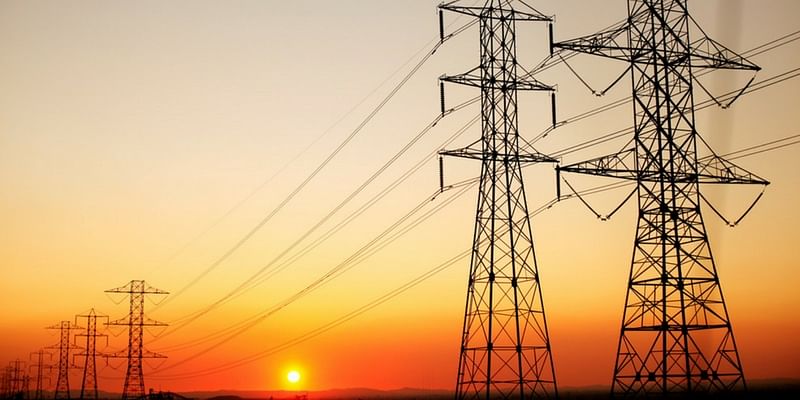New Delhi, June 23: The Central Government passed an amendment to the Electricity (Rights of Consumers) Rules, 2020, on Friday to make two important changes in the prevailing electricity system.
These changes relate to the introduction of Time of Day (ToD) tariffs and the rationalisation of smart metering provisions.
In a Time of Day (ToD) tariff system, instead of being charged for electricity at the same rate at all times of the day, the price you pay for electricity will vary according to the time of day.
Under the TOD tariff system, the tariff during solar hours (a period of eight hours in a day specified by the State Electricity Regulatory Commission) will be 10 to 20 percent lower than the normal tariff, while the tariff during peak hours will be 10 to 20 percent higher.
The TOD tariff will be applicable from April 1, 2024, for commercial and industrial consumers with peak demand of 10 kW and above, and from April 1, 2025, for all other consumers except agricultural consumers.
The time-of-day tariff for smart-metered consumers will be effective immediately after the installation of the smart metre.
The union Minister for Power and New and Renewable Energy, R.K. Singh, said TOD is a win-win deal for consumers as well as the power system.
He said, “TOD tariffs include separate tariffs for peak hours, solar hours, and normal hours; consumers can be sent a price signal to manage their load as per the tariff. With awareness and effective use of the TOD tariff mechanism, consumers can reduce their electricity bills. Since solar power is cheap, the tariff will be lower during solar power hours, thereby benefiting the consumer.
He added, thermal and hydropower, as well as gas-based capacity used during non-solar hours, whose cost is higher than that of solar power, will be reflected in daytime tariffs. Consumers can now plan their consumption to reduce their electricity costs by planning more activities during solar hours when electricity costs are lower.”
The government has also simplified the rules for smart metering. In order to avoid inconvenience and harassment to consumers, the existing penalty for an increase in consumer demand beyond the maximum permissible load and demand has been reduced.
As per the amendment in the metering provision, after installation of the smart metre, no penal charge shall be levied on the consumer based on the maximum demand recorded by the smart metre for the period prior to the date of installation.
The load revision process has also been rationalised in such a way that the maximum demand will be revised upwards only if the sanctioned load is exceeded at least three times in a financial year.
In addition, smart metres will be read remotely at least once a day, and data will be shared with consumers so that they can make informed decisions about electricity consumption.





